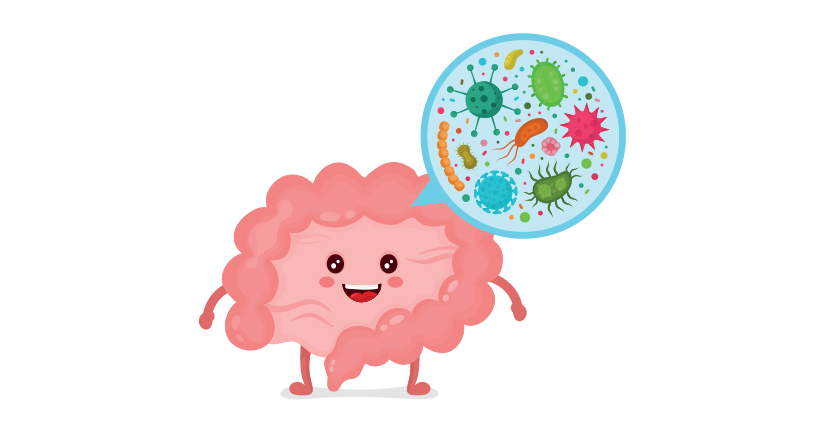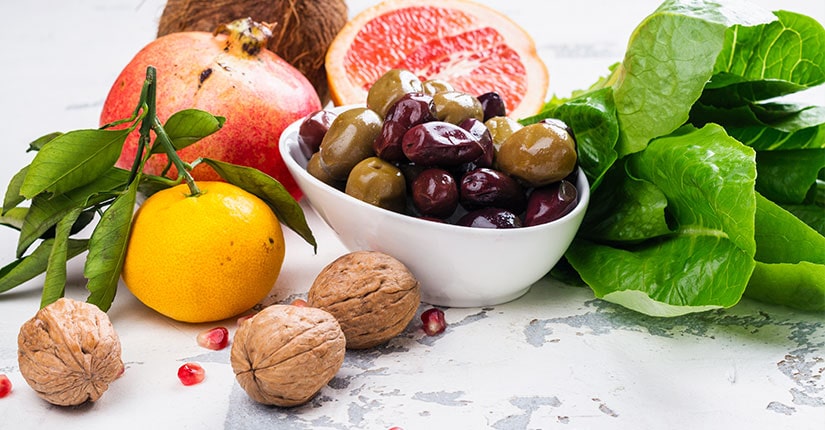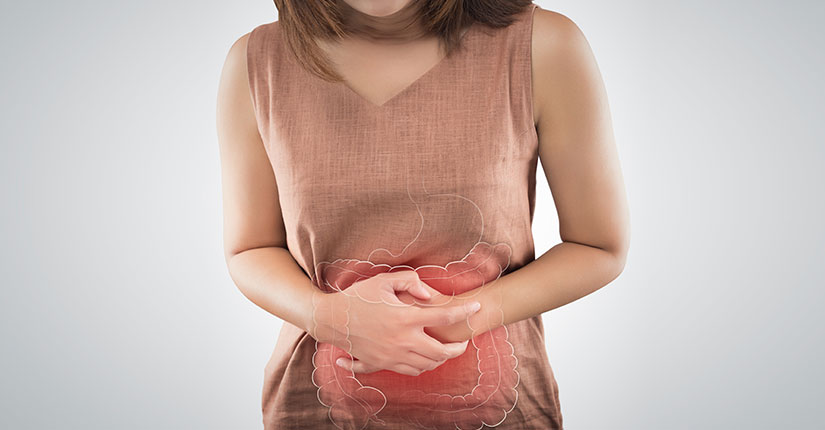Can MIND diet help in Parkinson’s disease
By Nmami Agarwal 08-Apr 2023 Reading Time: 5 Mins

Parkinson’s disease (PD) is the second most common neurodegenerative disorder in adults over the age of 60 years. According to the Global Burden of Disease study (2018), the worldwide burden of PD has more than doubled over the past two decades.
It is estimated that by 85 years of age half of the elderly population develops parkinsonian signs which are progressive and associated with disability and mortality.
Currently there is no known cure for this condition, but it can be managed with proper medications, lifestyle changes and with a good support system.
The Mediterranean-DASH Intervention for Neurodegenerative Delay diet, or more commonly, the MIND diet, combines the portions of the DASH diet (diet for hypertension) and the Mediterranean diet. This DIET has been known to slow down cognitive decline.
What does the research say?
Leafy greens and berries, which are specific to the MIND diet, are rich in antioxidants such as carotenoids, flavonoids, folate, and vitamins C and E, some or all of which have been associated with lower PD/parkinson’s risk and reduced disease progression in both animal models and human studies.
What is MIND diet
Source: today’s geriatric medicine
Mind diet broadly includes these food groups –
- Foods rich in Vitamin E and omega 3 fats
vitamin E (tocopherol), which is found in nuts, plant oils, and seeds, is a very potent antioxidant associated strongly with brain health. Fish is an excellent source of omega-3 fatty acids, which, studies show, are important for synaptic proteins in the brain. Apart from that whole grains, avocado, olive oil are all the important foods that contribute to good fat and in turn to brain health.
- Food rich in antioxidants
Food studies show that vegetables are important for reducing cognitive decline, especially the green leafy vegetables. They are rich in B vitamins, iron, folate, zinc, calcium and so on. Apart from the greens, berries like blueberry and strawberries have been shown to decrease neuron loss and improve memory performance.
Hence the food recommendations are –
- 3+ servings a day of whole grains
- 1+ servings a day of vegetables (other than green leafy)
- 6+ servings a week of green leafy vegetables
- 5+ servings a week of nuts
- 4+ meals a week of beans
- 2+ servings a week of berries
- 2+ meals a week of poultry
- 1+ meals a week of fish
- Mainly olive oil if added fat is used
What foods are avoided in a MIND diet
High saturated or trans fatty acids increase the risk of dementia and high polyunsaturated or monounsaturated fatty acids decrease the risk. Avoiding fried foods, pastries, full-fat dairy, and large amounts of red meat, and eating foods such as fish, nuts, and plant oils such as olive oil, as recommended by the MIND diet, provides this balance of fats.
- Less than 5 servings a week of pastries and sweets
- Less than 4 servings a week of red meat (including beef, pork, lamb, and products made from these meats)
- Less than one serving a week of cheese and fried foods
- Less than 1 tablespoon a day of butter/stick margarine
MIND diet is a fairly simple diet to follow. Eating nuts and salads with greens everyday should be put into practice. Not only for parkinson’s disease, this diet is also helpful to protect against cardiovascular diseases and other metabolic syndrome.





















